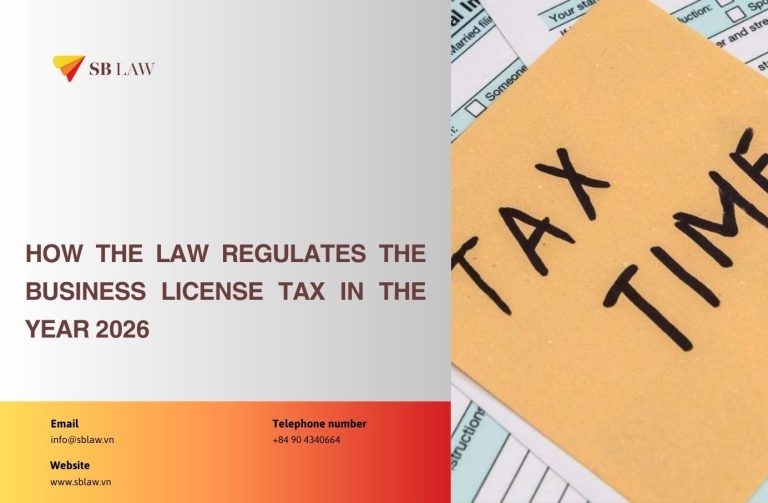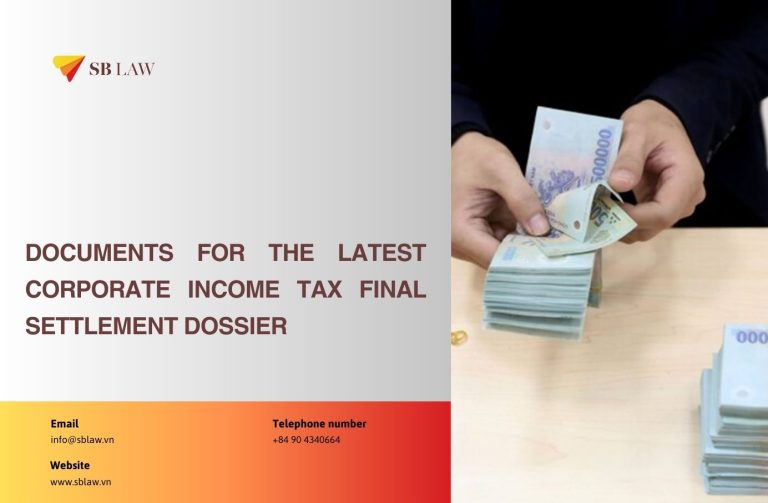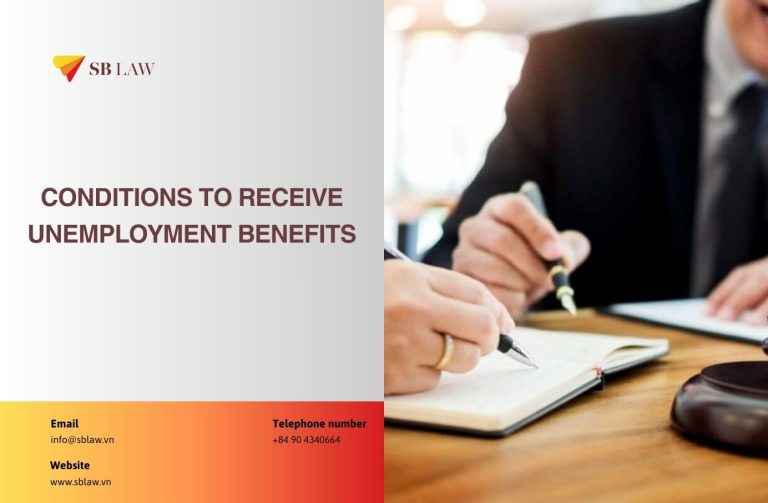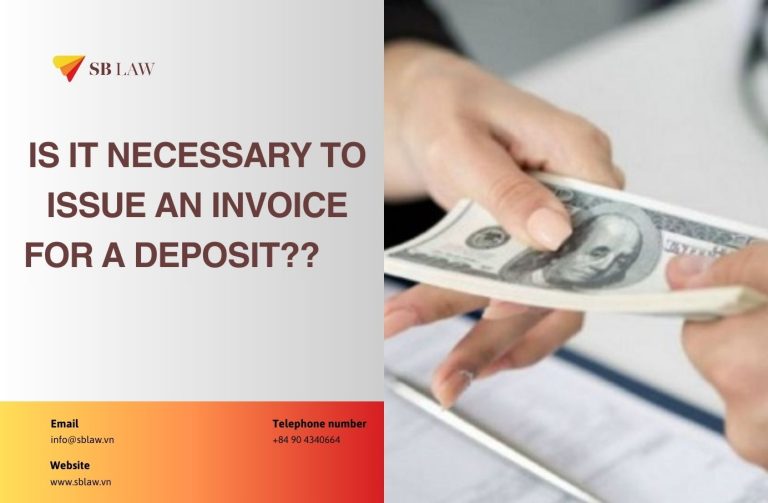Lawyer Nguyen Thanh Ha – Harry Nguyen, Chairman of SB LAW – contributes legal notes for Singaporean investors to run companies in Vietnam. What follows are the basics of running a wholly foreign-invested company (FIC) in Vietnam.
How does one set up a company in Vietnam?
The establishment of an FIC in Vietnam requires an Investment Certificate from the licensing authority.
Depending upon the location of the company, the licensing authority may be the Department of Planning and Investment (for companies located outside industrial or export processing zones) or the provincial Industrial and Export Processing Zones Management Authority (for companies located in industrial or export processing zones).
In order to set up an FIC, an investor must follow two steps:
Step 1: Obtain an Investment Certificate. The law requires that within 15 working days from submission of the application dossier, the relevant authority has to issue an Investment Certificate for Foreign Investor.
For granting the Investment Certificate, the relevant licensing authorities shall evaluate the legitimacy and the feasibility of such investment projects to determine whether to grant the Investment Certificate. The criteria are as follows:
- Legitimacy within the legal framework – including Vietnam’s WTO Commitments, Vietnam Investment Law, Vietnam Enterprise Law, and the regulations applicable to specific industries and to the master economic development plan of the city or province in which the FIC registers its head office.
- Financial ability of the investor – the investment capital necessary for the investment project, and the facilities and human resources to implement it.
Step 2: After obtaining the Investment Certificate, the client shall be required to obtain a Certificate of Business Registration.
What is required after establishing the company?
- Short-term concerns
1.1. Settling the business-license tax
The investor will pay the business-license tax, based on the charter capital shown on the company’s Certificate of Business Registration.
1.2. Completing the establishment of the company
The company is required to complete the necessary preliminaries, such as labour recruitment, setting up the office, and other necessary matters under the timeline of the Investment Certificate.
- Signboard of the company
According to law, the company signboard must be written in Vietnamese; abbreviated names and international transaction names, foreign names or words must be written below Vietnamese words in a smaller size.
The company may have only one signboard at the gate of its head office.
- Setting the business focus
Under the law of Vietnam, the Company is required to strictly comply with its registered business lines.
In case the company would like to supplement new business lines, it is required to amend its Certificate of Investment Registration and Certificate of Business Registration.
- Charter capital
Singaporean investors must open a Foreign Currency Direct Investment Account at an authorised bank in Vietnam to carry out the capital contribution. This account shall only be used for following purposes:
- Collecting money contributed to charter capital, and medium and long-term foreign loans of the company.
- Collecting foreign currencies from the company’s foreign currency deposit accounts.
- Spending on transfer of foreign currencies into the company’s foreign currency accounts.
- Spending on payment of principals, interests and charges of medium and long-term foreign loans out of Vietnam.
- Spending on transfer of capital, profits and, other lawful incomes out of Vietnam.
- Other collection and spending transactions related to foreign direct investment activities.
- Legal representative
The company needs to select one legal representative and this legal representative must have residence in Vietnam. In case of absence, they must authorise in writing another person to act as legal representative – and this must be stipulated in the company’s charter.
After establishment of the company in Vietnam, the foreign director will be required to obtain a Temporary Residence Permit and register his temporary residence in Vietnam.
- Other liabilities
6.1 Taxation
Under the tax law, the following taxes may affect the company and foreigners working there:
- Corporate Income Tax (CIT) is levied on the company’s taxable income. CIT is calculated through revenues generated in the course of production – subtracting for reasonable expenses in the relevant fiscal year.
- Value Added Tax (VAT) applies to the supply of goods and services for use in production, business, or consumption in Vietnam. VAT is calculated on the sale/purchase price of relevant goods or services, before the addition of VAT.
- Import and export duties
Personal Income Tax (PIT) is applied to foreign residents who stay in Vietnam for 183 days or more within a consecutive 12-month period. It’s calculated at progressive rates on worldwide-sourced regular income (regardless of where the income is paid) and Vietnam-sourced irregular income.
PIT shall be applied to non-resident foreigners who stay in Vietnam for less than 183 days in a consecutive 12-month period, on regular and irregular income earned in Vietnam during their residence.
PIT shall be applied to Vietnamese citizens working in Vietnam or outside Vietnam on worldwide-sourced regular income and irregular income.
6.2. Submission of financial statement
The company should submit an audited annual financial statement to the Provincial Tax Agency and Department of Planning and Investment.
6.3. Submission of project implementation schedule report
The company should submit a report on its project implementation schedule per three months to the Tax Agency and Department of Planning and Investment.




